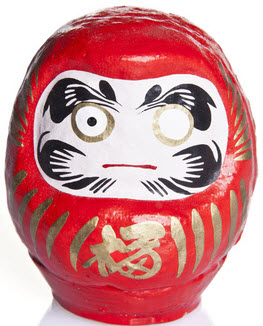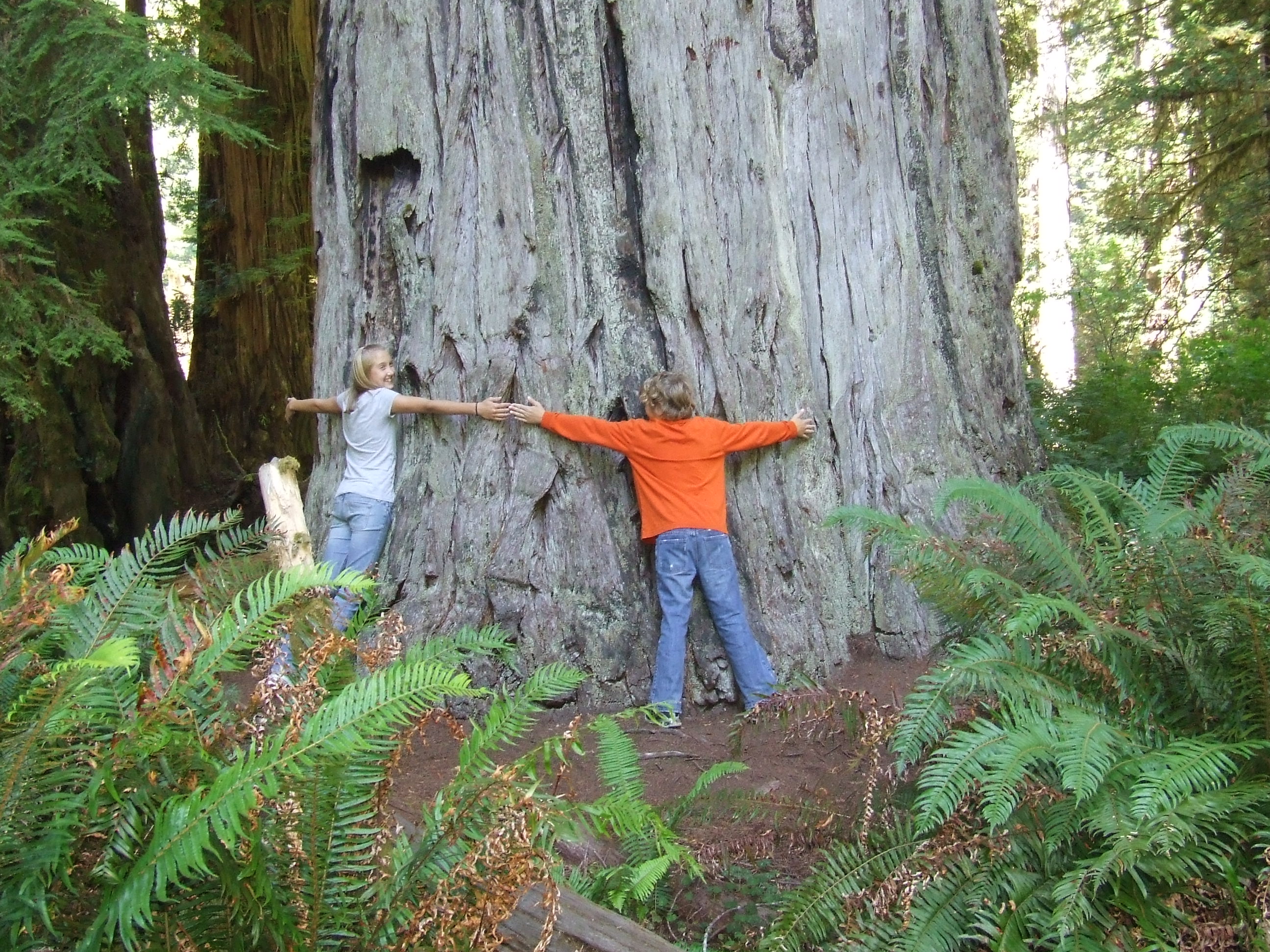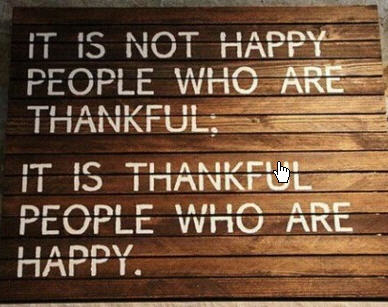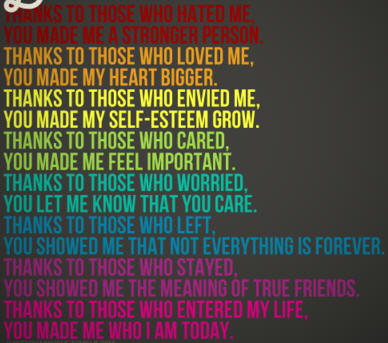
This is a picture of a Japanese Daruma doll. I received one, very similar to this, as a gift several years ago from the wonderful owners of my then dojo or karate studio. The Daruma doll is one of the most popular talismans of good luck in Japan and is frequently purchased during the new year.
The armless, legless, and (upon purchase) eyeless doll is traditionally made of paper mâché and is weighted on the bottom so it stands, even when knocked down. (Think: weebles wobble…or, errr, am I showing my age?!) Daruma dolls embody the Japanese proverb, Nanakorobi Yaoki, translated to mean “seven times down, eight times up.” The characteristics of the Daruma doll have come to symbolize goal-setting, perseverance and resilience.
The tradition of the Daruma doll is simple:
- Set a goal.
- Upon defining your goal, fill in just one eye of the Daruma doll.
- Place the doll in a location where it will serve as a reminder of your desired outcome.
- When your goal is attained, paint in the second eye.
Again, simple, right? I’m embarrassed to say that, after several years of having my Daruma doll on my book shelf, it is still one-eyed. Years after giving my little guy partial sight, I never felt I had attained sufficient success to complete his vision.
Looking back, I can see that my goal was probably not specific enough. And, I could have done a better job of chunking down my wish into a much smaller objective. What’s striking to me now, however, is that I never took time to pause and consider any successes or progress along my goal-driven journey. If I did, perhaps my Daruma doll would have full sight today!
This “ever-striving” syndrome is true for many of us as individuals; it is also pervasive in organizations. Our focus is on what remains to be done, on what is left incomplete, and on what we have yet to attain. One project leads to another; our to-do lists always evolve. In this world of relentless demands and change, it’s easy for our success line to be elusive. In the state of striving, we never arrive.
One of my favorite neuropsychologists, Rick Hanson PhD, describes this phenomenon in this manner:
“The focus on the future – on endless striving, on getting the next task done, on climbing the next mountain – can get confused and stressful. It’s confused because the brain:
- Overestimates both the pleasure of future gains and the pain of future losses. (This evolved to motivate our ancient ancestors to chase carrots hard and really dodge sticks.)
- Makes the future seem like a real thing when in fact it doesn’t actually exist and never will. There is only now, forever and always.
- Overlooks or minimizes the alrightness of this moment – including the many things already resolved or accomplished – in order to keep you looking for the next threat or opportunity.”
So, yes, by all means, define and pursue wholesome goals. But, let’s not forget to take time to pause and reflect on our small wins regularly. This strategy promotes long-term goal achievement and emotional health along the way. It encourages learning (yes, we can learn just as much from our successes as our failures!) and builds our internal resources for resilience. These minor boosts can have a cumulative and lasting effect.
What successes might you be overlooking? What small wins never made it to your radar screen? In what ways have you “already arrived?” Take a moment now and reflect on them. (Feel free to share!) Your one-eyed Daruma doll might just thank you!



